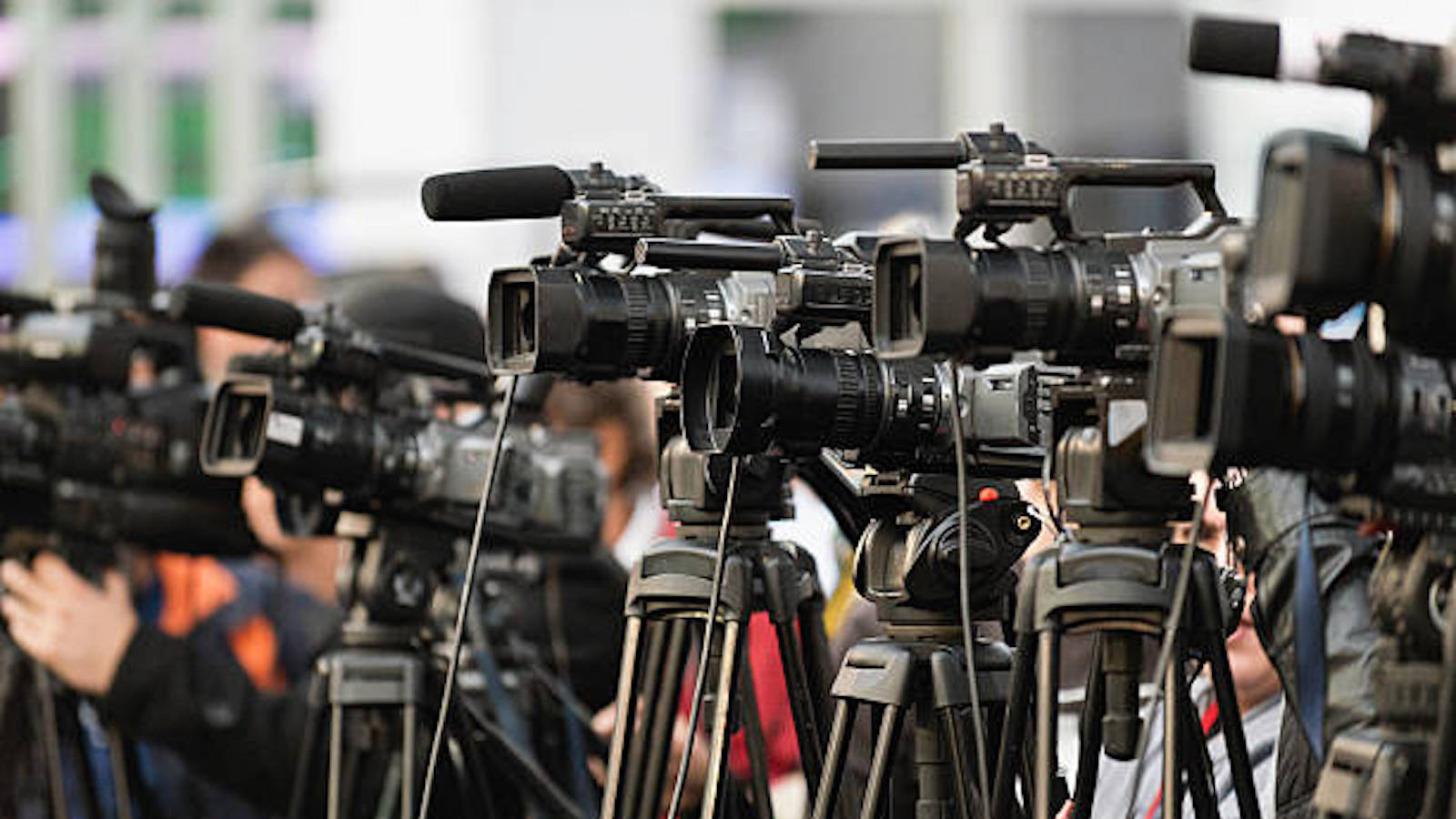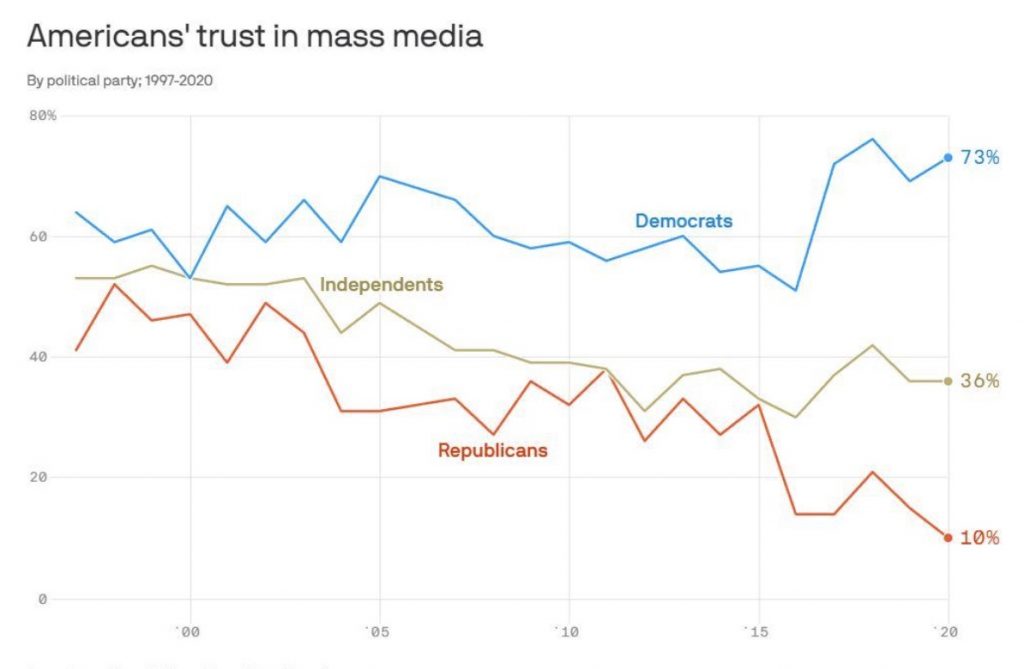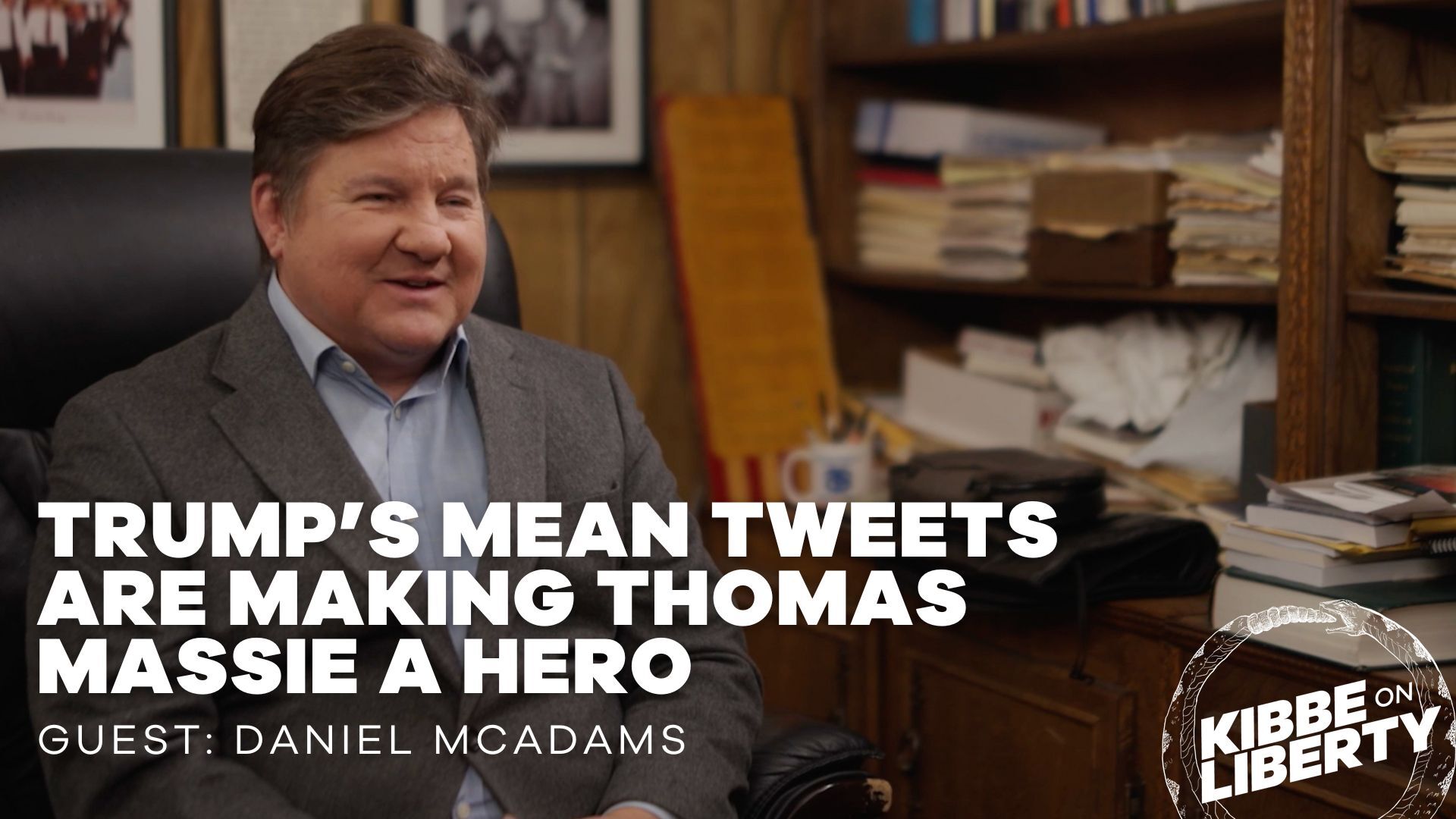
The Myth of a Free and Open Press
How the Smith-Mundt Act of 2012 encouraged manipulation of public discourse
Throughout our lives, legacy media have taken pride in their self-proclaimed ability to dish out impartial, fair news stories to the American public; they are the vanguard for free speech and shed light on political corruption. By logical extension, any opposition or infringement to their work would be a direct attack on their contribution to the democratic process.
The Problem Is…
Media these days have become so divisive that they don’t look anything like our news’ early years of Walter Cronkite. The shift from impartial to political has become more evident with each passing decade. In the attempt to not beat a dead horse, it is evident that viewers these days prefer to consume media which reinforces their own beliefs over others.
This divide can most clearly be seen in the already polarized view Americans have on the media’s trustworthiness. According to a Gallup poll, liberals today are more likely to be confident in media’s ability to relay the news than are independents or republicans:

We also find a downward trend throughout the decades of people’s confidence in televised news measured as “great deal/quite a lot,” from about 46% in 1993 to 11% in 2022. So as people gravitate towards their biases, it’s clear that media capitalizes on this split via selective reporting.
What does that have to do with policy?
Choice in society is paramount: we can decide what to consume, when, and how, without anyone else infringing on that choice (whether that news is credible is a different story). The Smith-Mundt Act of 2012, changed that dynamic, and it’s become more evident now than ever.
President Obama signed this act into law on January 2, 2013 as part of the National Defense Authorization Act for Fiscal Year 2013. This nullified the Smith-Mundt Act of 1948—amended in 1985 specifically to prohibit “the dissemination of [U.S. State Department] information within the United States, its territories, or possessions,” with the exception of a “Problems of Communism” pamphlet which “could continue to be sold at the Government Printing Office.” This gave the federal government authority to interact with, counsel, and influence media made for domestic consumption.
The US Agency for Global Media supported this Act by stating:
So What’s the Deal?
Government funded programming like Voice of America (VoA) has been used for decades to spread ‘understanding’ of America’s government to foreign groups—especially during the Cold War. The federal government’s use of such programs has been formally restricted to foreign actors—until 2013. One can see how government-sponsored and influenced news programming can turn out to be problematic.
In fact, a provision in the Act explicitly states:
The Broadcasting Board of Governors’ (the entity producing programs like VoA) spokesperson Lynne Weil quickly came out after the Act’s passing to dispel notions of government abuse by stating:
On the contrary however, the government has been known to often meddle in domestic media affairs—and not just through formally syndicated outlets like VoA.
Though the Act only pertains to the DOS and the BBG, a modern example can be seen in a Pentagon psyops mission which funded site postings with the intent to discredit and harass a Somali-American web publication in Minnesota, under the suspicion that it supported al-Shabab. This operation led to no evidence of extremist links, but only harassment by the FBI, and infringements on a citizen’s first amendment rights.
A Plan in Action
But that was a selective example; partisan goals don’t influence other forms of media, right? One of the larger scandals highlighting aforementioned partisan behavior occurred at the beginning of the Trump Administration, where Sinclair Media Group, a right-leaning telecommunications conglomerate, was exposed when an eerie and viral video emerged showing its regional anchors reciting the same script in the (ironic) attempt to combat manipulative fake news and harness support for Trump. This was quickly brought to the public’s attention by mainstream outlets like CNN, MSNBC, and the New York Times to argue that an administration had influenced the news- selectively editing it for thousands of American households.
However, the partisan media split—as well as collaboration with federal entities—has only been accentuated by the Biden Administration’s attempt to create a disinformation board within the DHS for at-best vague national security concerns. Due to its incredible lack of transparency and failure to define what ‘disinformation’ is, the board was terminated.
Other attempts to influence media can be seen with the White House’s collaboration with Facebook to censor pandemic-related posts. Then-Press Secretary Jen Psaki admitted: “We are in regular touch with these social media platforms, and those engagements typically happen through members of our senior staff…” This was backed by Facebook: “We’ve partnered with government experts, health authorities, and researchers to take aggressive action against misinformation about COVID-19 and vaccines to protect public health… so far we’ve removed more than 18 million pieces of COVID misinformation, removed accounts that repeatedly break these rules…” Regardless of the pieces’ substance—they could very well have been unsubstantiated and unscientific—the fact that a private news conglomerate reached into public policy matters for a partisan administration’s goals should raise alarm.
Actions can also be seen with the White House pre-screening questions for many of its conferences—a practice which may be seen in previous administrations, but one which has not been used with the same consistency and formality as this one. This White House preselects outlets and prompts which can be prepared for ahead of time, as opposed to allowing a truly open, free, and nonpartisan press to report on critical information. Biden himself stated: “I’ll take your questions, and as usual… they gave me a list of the people I’m going to call on… I’m going to get in trouble with staff if I don’t do this the right way.” During his Friday, August 26th, 2022 conference, Biden apologized after calling on the wrong reporter: “I took control. I shouldn’t do that. I’m not allowed to do that.”
To say the government is restricting every form of public discourse in order to quash free speech would be a gross generalization; but it would be a disservice to not acknowledge the deep partisan split that has been developing in news media and to turn a blind eye to the government’s influence over it. Those who support actions that quell free speech and limit transparency would do well to remember that in this republic, administrations change, agencies shift goals, and media sing different political tunes if proven profitable. If an administration with an unfavored political leaning comes to power, it can partake in the same unconstitutional overreach seen today, and it would be justified under the same Smith-Mundt Act signed into law nine years ago.
Free the People publishes opinion-based articles from contributing writers. The opinions and ideas expressed do not always reflect the opinions and ideas that Free the People endorses. We believe in free speech, and in providing a platform for open dialogue. Feel free to leave a comment.



